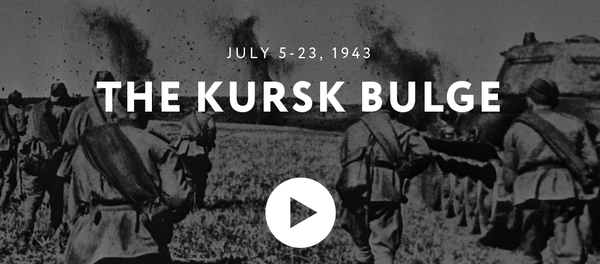The telex, sent from Nazi leader Karl Donitz to the head of Germany's Luftwaffe, Field Marshal Robert von Greim, explains that he has signed an unconditional surrender and that all fighting will stop on 1am, on May 9, 1945.
The flimsy pink sheet, sent by Donitz after the death of Adolf Hitler, and while the advancing Allied forces closed in on the Nazis, is expected to fetch anywhere between $20,000 and $30,000.
"This was unavoidable in order to prevent the complete destruction of certain parts of the front, which was expected to occur in a short time, and, in so doing, to save as many people as possible for Germany," the telegram explains.
After receiving the telegram at 10:40pm on May 8, Field Marshal Von Greim fled Germany and was arrested by American forces near Prague.
Fortunately, the telegram was found in his possessions while being questioned by US authorities, and was kept by the interrogating US army officer.
War memorabilia experts have been impressed as to how such a flimsy piece of war history could have lasted the test of time, particularly given Germany's scorched earth policy, which meant most documents and other forms of paraphernalia were destroyed by the Nazis in the closing days on World War Two.
The telex is being sold as part of a World War Two memorabilia auction, with more than 300 items to go under the hammer.
Among the most sought after items are the logbooks of Robert Lewis, the US co-pilot of the Enola Gay B-29 bomber that dropped the world's first atomic bomb on Hiroshima in Japan.
After witnessing the damage caused by dropping the bomb on Hiroshima, which resulted in the deaths of 140,000 people, Lewis is most widely remembered for saying: "My God, what have we done?"



